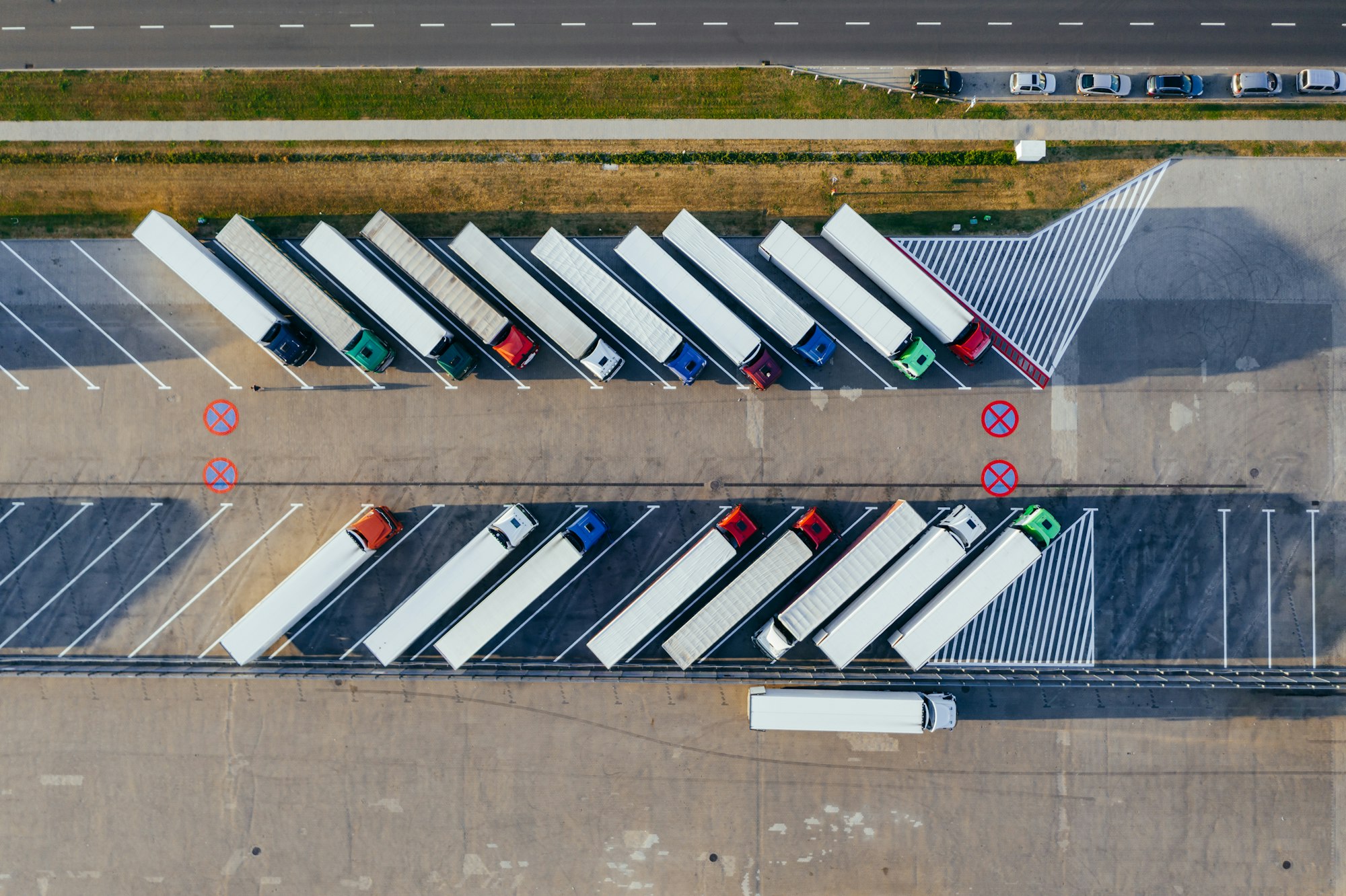Cash flow is key, and FTZs can help

Foreign-Trade Zones (FTZs) can provide supply chain managers with stable results and healthy cash flow, especially during times of economic uncertainty. FTZs are designated areas in the US where imported goods can be stored, processed, or assembled without being subject to customs duties and taxes until they are officially imported to the domestic market. Companies can delay or reduce duty payments until the goods are officially entered into the US market, improving cash flow and promoting domestic manufacturing. FTZs also offer simplified customs procedures and compliance advantages, allowing companies to respond quickly to changing market conditions.
Source: Link
FAQs: Cash Flow and Foreign Trade Zones (FTZs)
Q1: What is an FTZ?
A: An FTZ, or Foreign Trade Zone, is a designated location within the United States where goods can be imported, stored, and manipulated without being subject to import duties and taxes until the goods enter U.S. customs territory. If the goods are re-exported, no duties or taxes are charged.
Q2: How can FTZs impact cash flow for a business?
A: FTZs can have a significant positive impact on cash flow by deferring, reducing, or eliminating customs duties. Companies do not have to pay customs duties while their goods are stored within an FTZ, which means they can maintain liquidity instead of having capital tied up in taxes. Additionally, if goods are exported from an FTZ, duty payments can be avoided entirely.
Q3: Are there any operational benefits to using an FTZ beyond cash flow improvements?
A: Yes, using an FTZ can provide operational benefits including reduced processing times, increased flexibility in handling and processing cargo, and potentially lower transportation costs due to the strategic location of many FTZs. Moreover, some FTZs offer opportunities for value-added activities such as assembly, testing, and repackaging.
Q4: What types of companies can benefit from using FTZs?
A: Almost any company involved in importing, exporting, manufacturing, or distribution can benefit from using an FTZ. It is particularly advantageous for companies with high-value inventory or high import duty rates, as well as those engaged in international trade.
Q5: What is the process of setting up an FTZ for my company?
A: The process involves applying to the FTZ Board to establish an FTZ or to use an existing FTZ. Companies must also receive approval from local Customs and Border Protection (CBP) to activate the site. The process can be complex and may require legal and logistical expertise.
Q6: Can an FTZ be located within a company's existing facility?
A: Yes, an FTZ can be located within a company's existing facility if the facility is approved by the FTZ Board and CBP. This is known as a Subzone or Usage-Driven FTZ.
Q7: Are there any risks associated with using FTZs?
A: As with any international trade activity, there are compliance requirements and regulations that must be adhered to when using FTZs. Failure to follow these regulations can result in penalties. However, with proper management, the benefits of using FTZs often outweigh the risks.
Please note that these FAQs are based on general information about cash flow and FTZs and do not reflect specific content from CSCMP's Supply Chain Quarterly. For the most accurate and detailed information, visiting the CSCMP's Supply Chain Quarterly website or directly accessing their materials would be necessary.

